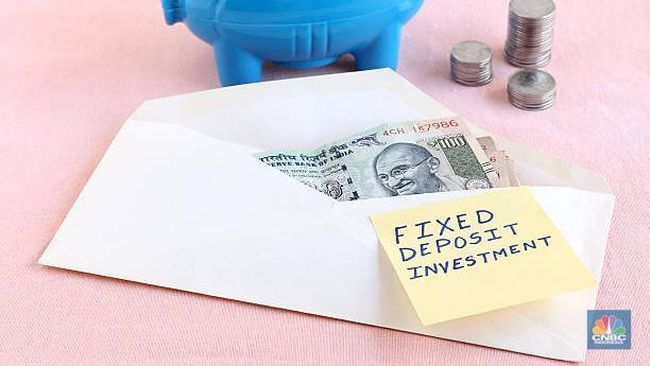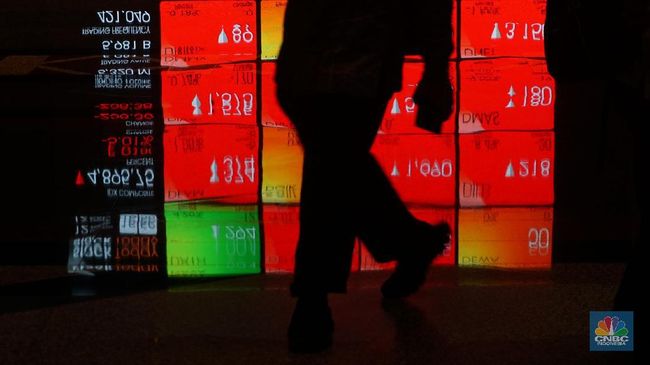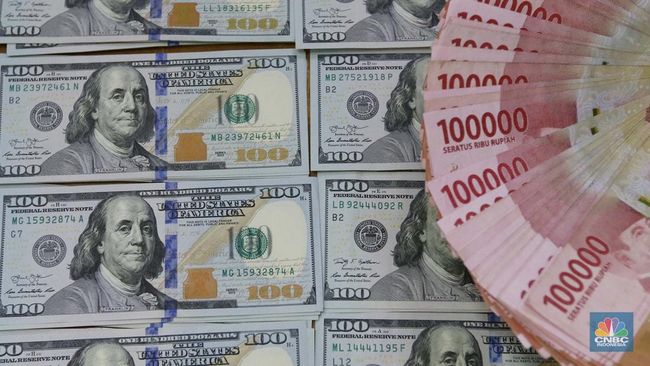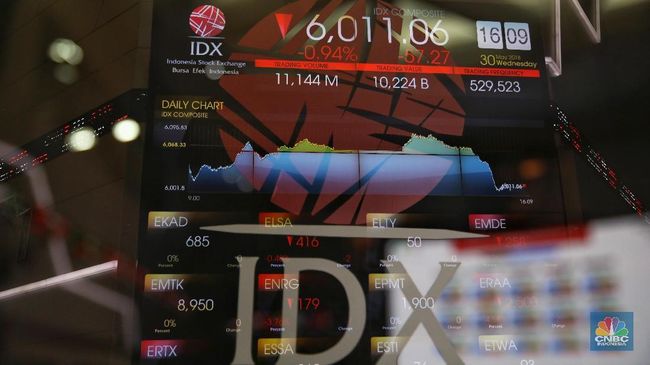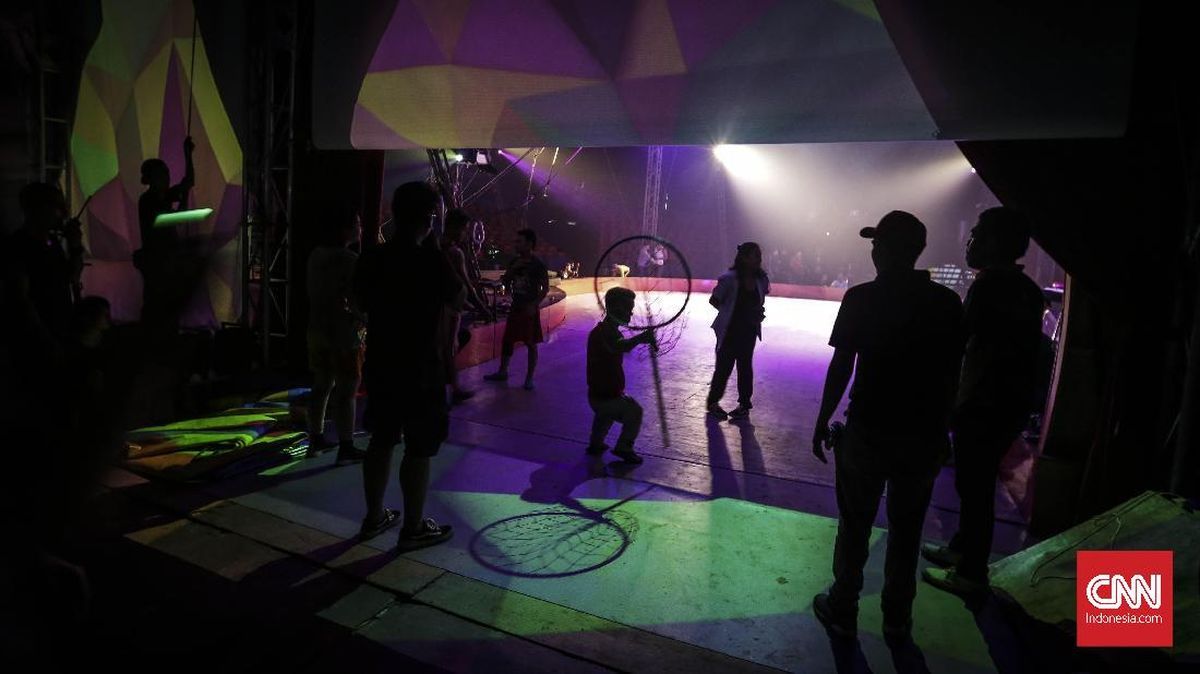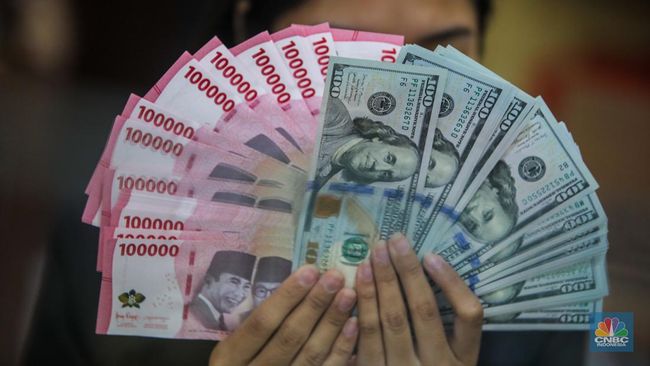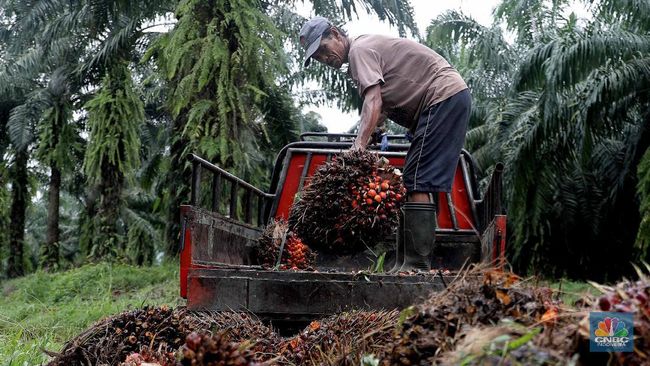If your goal is to cut back on caffeine, soda or other sugary drinks and reap the health benefits, but don’t love plain water, there are plenty of healthy beverages out there for you to consider that offer more than a delicious taste. In a rainbow of flavors, the best healthy drinks can offer you probiotics for gut health, magnesium for relaxation, electrolytes for hydration and additional functional ingredients that aim to boost your focus, memory or energy. We’ve spent years sipping through various drinks to find the best healthy beverages we keep repurchasing. These are our favorites.
- The 11 Best Healthy Beverages to Keep You Hydrated This Summer
- What’s the best healthy beverage overall?
- The best healthy beverages of 2025
- Best soda alternative
- Best magnesium beverage
- Best probiotic drink
- Best splurge coconut water
- Best splurge magnesium beverage
- Best healthy hot beverage
- Best coconut water
- Best adaptogen drink
- Best herbal drink for targeted relief
- Best electrolyte drink
- Best water alternative drink
- The best healthy beverages compared
- Factors to Consider
- How we test the best healthy beverages
What’s the best healthy beverage overall?
For this list, we didn’t choose a best healthy beverage overall because each drink offers something unique. Some have probiotics, while others offer magnesium and electrolytes. As a result, we felt it would be unfair to choose the best overall and instead went with each drink’s individual category.
The best healthy beverages of 2025
Pros
- High fiber
- Supports digestive health
- Low-sugar
- Vegan
- Gluten-free
- GMO-free
- All flavors are delicious
- Great in mocktails
Cons
- Some reviewers complain it’s not sweet enough for them.
- Some would like it to be more bubbly.
- Pricier than regular soda at around $3 per can
Why we like it: Created in 2018, you’ve likely seen Olipop pop up in your local grocery or health food store. The soda contains prebiotics, botanicals and plant fiber to support digestive health. It’s also low-sugar, high-fiber, low-calorie, vegan, gluten-free and GMO-free, and it contains no artificial sweeteners, preservatives, flavors or colors. It’s marketed as a “new kind of soda” meant to be good for you while tasting good, too.
I’ve been a fan of Olipop for years. The brand recently sent me its tropical punch, vintage cola, root beer, cream soda, classic grape, orange squeeze, Doctor Goodwin and lemon-lime sodas, but I have also purchased the following flavors on my own: peaches and cream, strawberry vanilla, cherry cola, watermelon lime, banana cream, cherry vanilla, crisp apple and Ridge Rush. I enjoyed all of these flavors and found that they are perfect in mocktails, whether they are the base of the drink or added alongside a nonalcoholic liquor.
My favorites are strawberry vanilla, orange squeeze and lemon-lime.
Who is it best for: This soda is best for people who enjoy the flavor and sparkling nature of soda, but want to avoid the added sugar and calories while getting some extra fiber.
Who should not get it: Those with certain digestive conditions should be careful about drinking prebiotic sodas. Make sure to consult your doctor first before giving them a try.
Pros
- Contains ingredients meant to boost mood and calm you down
- Low-calorie
- Low-sugar
Cons
- May not be for those who dislike more robust flavors
- Not for those who dislike sparkling drinks
Why we like it: In 2017, Recess was launched to provide drinks designed to calm you down. In addition to Recess, the brand’s hemp and adaptogen drink, there are also the magnesium and adaptogen Recess Mood, alcohol-free Recess Zero Proof and Recess Mood Powder lines.
For testing, Recess sent me its Recess Mood variety pack in the flavors strawberry rose, blood orange, peach ginger and black cherry. They contain magnesium l‑threonate, l‑theanine and lemon balm to help you relax and unwind. I genuinely enjoyed all of these drinks, but my favorite from the Mood line was strawberry rose.
Who is it best for: The Recess Mood line is best for people who want a low-sugar, low-calorie drink that helps their body relax.
Who should not get it: If you have a health condition that affects your magnesium levels -- such as kidney failure or certain bleeding disorders -- or makes your body sensitive to magnesium, consult your doctor before trying this drink.
Pros
- Contains probiotics and postbiotics for gut health
- Has natural antioxidants
- Made with real fruit juice
- Vegan
- Gluten-free
- Organic
- Non-GMO
Cons
- Higher in sugar
- Not for those who dislike tart flavors
Why we like it: Health-Ade was founded in 2012 with the goal of making high-quality, tasty kombucha that was easy to buy. Since then, Health-Ade has become an iconic drink in the gut health space, with its immediately recognizable amber-colored bottles. The brand has expanded to offer kombucha in cans, glow-up kombucha with added benefits and the gut-healthy soda SunSip. Its drinks are vegan, organic, gluten-free and non-GMO.
The brand offers plenty of flavors. I’ve tried pink lady apple, mint limeade, berry lemonade and passionfruit tangerine, as well as the glow-up flavors strawberry and citrus immune boost. During the holiday season, the brand released its Health-Ade Holiday Cheers with ginger, vanilla and allspice flavors, and it was one of my favorites.
Who is it best for: In terms of flavor, Health-Ade is great for anyone who enjoys tart flavors. The drink is also ideal for someone looking to improve their gut health with probiotics.
Who should not get it: If you have any gut health issues, kombucha may not be right for you. Make sure to talk to your doctor before taking a sip. Health-Ade also contains 8-15mg of caffeine per serving, which is about the amount in a decaf cup of coffee, so exercise caution if you’re sensitive to caffeine.
Pros
- USDA organic
- One ingredient
- No added sugar
- Good source of potassium and other electrolytes
- Certified Fair For Life
Cons
- Costs slightly more than other coconut waters on the market
Why we like it: Harmless Harvest launched in 2011 with its organic coconut water, a great all-natural sports drink, which you’ll likely recognize as the “pink coconut water.” It is USDA organic, has a Fair For Life certification (for people-centered, ethical and responsible commercial partnerships), has 100% recycled plastic bottles, and its coconuts are regenerative organic certified at the bronze level. The drink also has one ingredient, Nam Hom coconuts grown in Thailand, with natural electrolytes and no added sugars. It starts clear but turns pink over time because its antioxidants naturally react with light. The brand also doesn’t thermally pasteurize its product.
Of all its products, I’ve tried the Harmless Harvest Organic Coconut Water, Organic Sparkling Coconut Water and Organic Coconut Smoothie. My favorite is their original Organic Coconut Water, which has a lovely, fresh, pure flavor that I love to sip after a workout.
Who is it best for: Harmless Harvest Organic Coconut Water is best for someone looking to spend a little more on coconut water, so it’s 100% raw with no added sugars. It’s great for providing electrolytes before or after a workout.
Who should not get it: People with health conditions sensitive to electrolytes like potassium should consult their doctor before consuming this beverage.
Pros
- Promotes relaxation
- Vegan
- Made with organic ingredients
Cons
- Pricey at around $7 per bottle
Why we like it: Vybes is a “mood drink” founded in 2018. It is made with magnesium glycinate, a highly absorbable form of magnesium designed to help the body manage stress and fight fatigue while giving you an energy boost. You may remember that Vybes used to sell CBD drinks, but these have been discontinued due to state regulations.
I’ve tried both the pineapple passionfruit and blueberry mint flavors, and my body felt more relaxed right after I finished the drink. I also enjoyed the unique flavor combinations and thought they were tasty. Other flavors I haven’t tried include blackberry hibiscus, blood orange lime, peach ginger and strawberry lavender.
Who is it best for: Vybes is great for anyone who wants a drink that helps their body relax and find balance. I like to treat myself to a bottle after a stressful day.
Who should not get it: If you have a medical condition that makes your body sensitive to magnesium, you may want to avoid this drink. Check with your doctor. It is sweetened with erythritol and stevia (no added sugar), and some people may be more sensitive to certain artificial sweeteners, which can cause GI upset. Also, note that the drink is more expensive, at around $7, making it less budget-friendly.
Pros
- Vegan
- Gluten-free
- Can be made instantly with just water
- Doesn't require a separate milk or sweetener
- Contains adaptogens
- Some drinks are third-party-tested (chai, matcha and sleeptime)
- About $2 per latte
Cons
- Some drinks contain caffeine
Why we like it: Founded in 2018 and loved by both Meghan Markle and Oprah, Clevr Blends creates instant plant-based SuperLattes and SuperTeas made with functional ingredients like adaptogens, probiotics, natural electrolytes and superfoods to help with mood, stress, sleep and energy.
From its SuperLatte line, which can be made hot or iced, I’ve tried the matcha, chai, sleeptime, rose cocoa and golden latte. They also offer honey pistachio matcha, honey lavender matcha, coffee, mocha, London fog and chill chai. SuperTeas come in the flavors strawberry lemonade, yuzu lemonade and mango green. The promised effects of the chai, matcha and sleeptime SuperLattes were assessed during a 12-week, third-party clinical study.
My number-one favorite is the Golden SuperLatte made with turmeric. It is the best “golden milk” I’ve ever tasted and is a drink I keep repurchasing. My second favorite is the Clevr Blends matcha, but I’m sensitive to caffeine, so don’t repurchase often.
Who is it best for: Clevr’s SuperLattes are best for people who want an instant hot beverage packed with adaptogens, mushrooms, probiotics and more.
Who should not get it: If you're pregnant, breastfeeding or a kid, Clevr Blends states that you should consult your healthcare provider before consuming the beverage. If you're sensitive to monk fruit extract or erythritol, a sugar alcohol, you may also want to avoid this drink. Note that some of the brand’s beverages do contain caffeine.
Pros
- Delicious flavor
- Easy to find
- Affordable
Cons
- Added sugar
- Coconut water is not organic
Why we like it: Inspired by Brazil’s love of coconut water, Vita Coco was launched in 2003 to help make the beverage more mainstream in the US. The coconuts are sourced from small farms in tropical locations; flash-pasteurized, vitamin C and 1% sugar are added to maintain flavor and freshness before being packaged in a Tetra Pak.
In addition to its original flavor, Vita Coco offers pineapple and peach mango flavors. I’ve tried the pineapple, but sometimes it’s a bit too sweet for me. The brand also offers Farmers Organic coconut water, its only organic product, and Extra Coconut with coconut puree.
Who is it best for: If you aren’t looking for 100% raw coconut water that foregoes pasteurization and is more affordable than Harmless Harvest, Vita Coco may be the right coconut water for you.
Who should not get it: This product is pasteurized, not organic (unless it's Farmers Organic) and contains 1% added sugar. If any of those factors bother you and you’d prefer the opposite, you may want to give Harmless Harvest a try, but you will pay more.
Pros
- Truly calming without drowsiness
- Recyclable packaging
- Made with real botanical extracts
Cons
- More expensive than average canned drinks
- Subtle sweetness may not hit if you’re used to sweet beverages
Why we like it: Moment is one of the few drinks I’ve tried that claim to help calm you and actually delivers. The brand uses adaptogens like L-theanine and ashwagandha to support mindfulness and relaxation. Whenever I reach for one of these drinks, I start to feel calm in about 20 minutes. It also tastes incredibly delicious, almost like a dessert in a can without being overly sweet.
Who is it best for: Anyone who wants a functional drink to unwind, especially in the afternoon or as part of their ritual before bed. I would also recommend it to people looking to cut caffeine or alcohol, as it makes a great mocktail, too.
Who should not get it: If you have a known sensitivity to adaptogens or are already taking supplements that contain ashwagandha, it’s worth checking with your doctor first. Since the purpose of this drink is to help you relax, I also wouldn’t recommend it to anyone looking for a jolt of energy.
Pros
- Targeted blends for digestion, relaxation and allergy relief
- Clean ingredients with herbs and adaptogens
- No added sugars
Cons
- Earthy flavor might not appeal to everyone
- Only available in a 12-pack sampler
Why we like it: Erha is a functional drink that doesn’t just hydrate you, but also supports how you feel. It offers three drinks to support common pain points like restlessness, bloating and allergies. Whether you’re stomach is feeling achey, you’re a little stuffy or overstimulated, Erha’s Intention Set is crafted with plant-based ingredients that support those needs. I tried all three flavors and each one felt like a mini ritual in my daily routine.
Who is it best for: People looking for relief from stomach issues, allergies or stress. This drink lineup provides everyday support.
Who should not get it: The flavors are subtle and herbal, so if you like bold and sweet flavors, this drink is not for you.
Pros
- Functional adaptogens with electrolytes
- Low sugar
- Clean ingredients
- Subtle and refreshing flavors
Cons
- Low sugar may not be apt for high-endurance sports
- Only comes in a 12-pack
Why we like it: Be Love offers hydration and functionality in a clean and elevated way. Each can delivers electrolytes, while other ingredients like magnesium help support mood and stress. I like that these drinks also help balance blood pH levels. I often reach for these after my workouts or when I need a break from writing, and they help me feel replenished without the sugar rush I feel after having energy drinks.
Who is it best for: People looking for an electrolyte drink with clean ingredients. Also great for those looking for a post-workout recovery drink.
Who should not get it: If you’re looking for a high-sodium or high-sugar electrolyte drink (the ones you’d use after endurance sports), Be Love may be too light.
Pros
- Clean-tasting water
- Bold branding
- Great for social settings
Cons
- Doesn’t offer any functional ingredients
Why we like it: I love everything about this beverage's branding; it really flips the script on what a wellness drink should look like. It’s just water (or flavored still and sparkling water) in a tall can that looks like it belongs at a heavy metal concert. Branding aside, I like to keep these in my fridge for whenever I’m bored with plain water. The flavored options aren’t loaded with added sugars, and the still water version tastes super crisp.
Who is it best for: Ideal for those who want to avoid sugary drinks, or even those who want to limit drinking alcohol but miss the feeling of a tallboy can.
Who should not get it: Not for folks looking to get extra nutritional benefits (like added vitamins or adaptogens).
The best healthy beverages compared
| Drink category | Dietary notes | Carbonated | Price range | Sizes |
| Prebiotic soda | Low-sugar, high-fiber, vegan, low-calorie, gluten-free, GMO-free, paleo, keto-friendly | Yes | $3-$36 | single, 12-pack |
| Magnesium beverage | Low-calorie, low-sugar, contains adaptogens and other mood-boosting ingredients | Yes | $5-$45 | single, 8- and 12-pack |
| Kombucha | Vegan, organic, non-GMO, gluten-free, contains probiotics, postbiotics and antioxidants, made with real fruit juice | Yes, naturally | $4-$50 | single, 12-pack |
| Coconut water | USDA organic, no added sugar, gluten-free, no synthetic colors, no artificial sweeteners or flavors, non-dairy | No | $4-$96 | single, 6-, 12- and 24-pack |
| Magnesium beverage | Vegan, non-GMO, organic ingredients | No | ~$8-$60 | single, 6- and 12-pack |
| Functional lattes | Vegan, gluten-free, mushrooms and adaptogens, probiotics | No | $29 | 12oz bag |
| Coconut water | Non-GMO, gluten-free, contains electrolytes, vegan, less than 1% sugar | No | ~$3-27 | single, 6- and 12-pack |
| Adaptogen drink | No caffeine, added sugars or artificial flavors, gluten-free, dairy-free, grain-free, nut-free, keto- and whole30-friendly | No | $40-$77 | 12- and 24-pack |
| Functional beverage | Vegan, gluten-free, contains rythritol and natural flavors | No | $60 | 12-pack |
| Electrolyte drink | Vegan, gluten-free, low sugar, no artificial flavors | No | $36 | 12-pack |
| Water alternative | Gluten-free, vegan, no sugar and caffeine free | Depends | ~$2-$19 | Single, 8- and 12-pack |
When it comes to picking the right healthy beverage for your taste and preferences, there are multiple factors to consider. Below, we outline them so you can find the right drink for you.
Dietary notes
If you follow a specific diet or are looking for specific ingredients, this can help you narrow down the best drink for you. Examples include gluten-free, vegan, nut-free, low-sugar or zero-sugar, and no artificial flavors or sweeteners. You’ll also want to think about what is added to the drink, such as magnesium, different botanicals, adaptogens and electrolytes and which would best suit your lifestyle or health concerns.
Amelia Ti, a registered dietitian and diabetes educator in New York, who is also part of CNET's Medical Review Board, adds, “Some adaptogens, for instance, may not be suitable for pregnant people or those on certain medications.”
Price range
Some healthy beverages cost more than others, especially if you want to buy a pack. Consider your budget, how many people you’re buying for and how often you plan to purchase these drinks. It’s also helpful to think about how often you buy a coffee, tea, juice or smoothie from a local establishment. Perhaps buying these beverages in their place will help you save.
Sizes
Do you plan to buy just one can of your favorite healthy beverage when grocery shopping? Or, do you want to buy a 6- or 12-pack for your entire family? Think about how many people you’re shopping for and how often you want to sip the beverage. Also, if you plan to keep them cold, think about how much space you have available in your refrigerator.
Flavors
The best part of trying new beverages is finding your favorite flavor. If you’re trying to reduce your soda intake, perhaps you want a drink that replicates your favorite soda flavor. Or, if you prefer bold, fruity flavors, consider drinks that offer those. The best part is that there is truly a flavor for everyone.
Carbonation
Do you like sparkling beverages or prefer your drinks still? This will also help you narrow down your selection. If you like healthier carbonated beverages because you want to cut back on soda, consider something sparkling. However, if you don’t like the feel of carbonation, a still coconut water might be more your speed.
As wellness editors and writers, we have spent years testing healthy beverages to see what they offer, if they fulfill their promises and if they taste good. We narrowed it down to the specific drinks that have stood out to us and that we would continue to purchase again and again. Factors we considered were dietary notes, added ingredients, price, carbonation, the drink category and sizes available.
While everyone should make sure they’re drinking enough water every day, other healthy beverages include green tea, kombucha, kefir, fruit smoothies and coconut water.
Water is the best liquid to drink every day because it is essential for your body to function.
Drinks high in electrolytes, like coconut water, are great for replenishing your body and helping you rehydrate, especially after a workout.
"'Unhealthy' can be subjective since it can be dependent on one's medical conditions,” says Ti. "Most unhealthy drinks are those high in added sugars, artificial ingredients or stimulants with no nutritional value, like sugary sodas or highly caffeinated energy drinks.”

 5 days ago
13
5 days ago
13






























